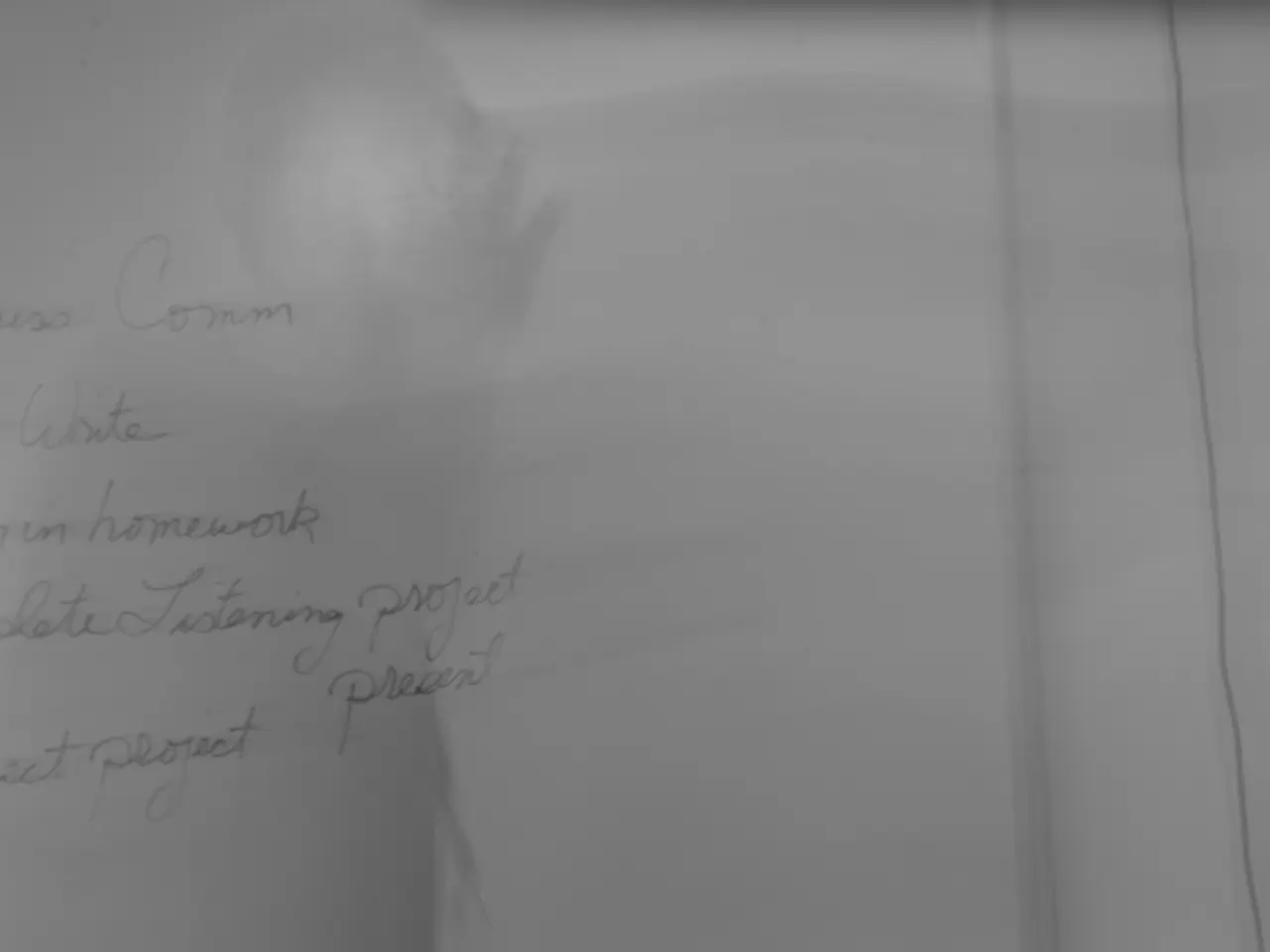Cultivating a Resilient Mental Approach
In today's fast-paced world, developing a growth mindset can be a game-changer for personal and professional growth. This mindset, championed by psychologist Carol Dweck, believes that abilities and intelligence can be developed through effort, learning, and persistence. Here's a guide to help you cultivate a growth mindset:
## Embrace Challenges
View challenges as stepping stones to growth. When faced with a daunting task, see it as an opportunity to learn and improve instead of a threat to your competence. Remember that mastering something new takes time and effort.
## Focus on the Process, Not Just the Outcome
Celebrate effort, strategies, and progress, not just the end result. Recognize that setbacks are part of the journey and provide valuable feedback. By focusing on the process, you'll be more likely to learn from your mistakes and grow.
## Cultivate Self-Awareness
Recognize fixed mindset moments when they occur. Acknowledge thoughts like "I'm just not good at this" or "I'll never get better." Challenge these thoughts and reframe them: "I'm not good at this... yet."
## Learn from Criticism
Instead of taking criticism personally, see it as useful information for improvement. Ask clarifying questions and thank those who offer constructive advice. Remember that feedback is a chance to learn and grow.
## Celebrate the Success of Others
When others succeed, let it inspire you. Study how they did it and imagine new possibilities for yourself. Their success can serve as a reminder that with effort and learning, you too can achieve great things.
## Use the Power of "Yet"
Add "yet" to statements about your abilities: "I don't understand this... yet." This simple word reinforces that progress is possible with time and effort.
## Model a Growth Mindset for Others
Lead by example. Share your struggles, learning process, and strategies for improvement. This encourages a culture of growth around you, whether you're a student, parent, teacher, or manager.
## Practice Persistence
Understand that mastery involves setbacks. When you encounter obstacles, remind yourself of past successes and the progress you've made. Keep going, even when it's tough.
## Ask Good Questions
Stay curious. Ask questions like "What can I learn from this?" "What will I try next?" "Who can I ask for help?" These questions keep you engaged and motivated to learn.
## Nurture a Love of Learning
Cultivate curiosity and a passion for discovering new things. Explore topics outside your comfort zone just for the fun of it. Enjoy the journey of learning and growing.
Remember, developing a growth mindset is a journey, not a destination. Be patient with yourself, and remember: effort and learning are the true measures of success. With practice, you'll find yourself more resilient, adaptable, and confident in your ability to grow and achieve.
Reflecting on past successes and failures can help in understanding the effort and reasons behind them. A growth mindset allows mistakes to be viewed as learning opportunities rather than failures. Maintaining a growth mindset is a process that requires reflection on progress and self-care. Seeking feedback can help improve one's skills and performance. And most importantly, one does not have to stay stuck with a fixed mindset and can choose to develop a growth mindset at any time.
- Embrace neurodivergent individuals' unique perspectives as they, too, can benefit from developing a growth mindset.
- Effective time management and self-care practices are crucial for maintaining focus on personal growth and education-and-self-development.
- The executive function skills of neurodivergent individuals can be strengthened through a growth mindset, leading to better performance in tasks requiring focus, flexibility, and planning.
- Reflecting on past experiences, acknowledging the effort put in, and understanding the reasons behind successes and failures, all foster a growth mindset and promote continuous learning and personal growth.




